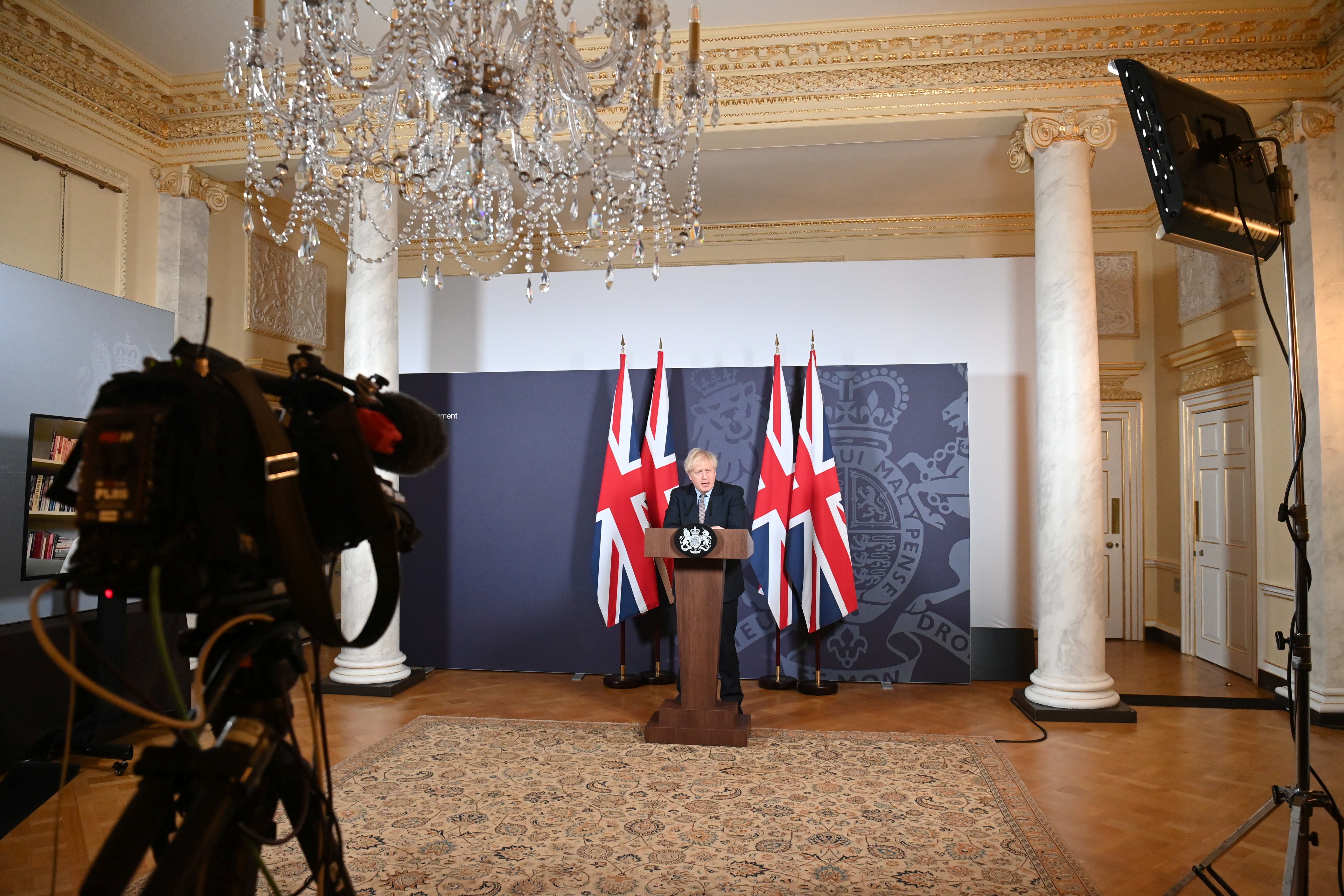The End of the Beginning —EU-UK Trade and Cooperation Agreement

What is the legal status of the agreement?
The treaty is not legally binding until it is duly ratified. Since the parties have repeatedly postponed the deadline for concluding the agreement, it became impossible to meet this condition before the end of the transition period—31 December. On the UK side, ratification is to take place after the parliament adopts the relevant act during a dedicated sitting on 30-31 December. Within the European Union, the agreement needs to be approved by the Council and then by the European Parliament. The Council’s endorsement of the deal takes effect on 29 December, which will enable the provisional application of the agreement from 1 January to 28 February. The procedure in the European Parliament is to conclude in the first weeks of 2021. Due to its scope, the agreement does not have to be ratified nationally by the EU Member States.
What is this treaty?
The EU-UK Trade and Cooperation Agreement is the most complex and extensive of its kind in the history of EU relations with third countries. It guarantees the parties mutual access to each other’s market in goods without customs and quantitative barriers, and partially in services (especially in transport). The agreement protects the current economic exchange worth €700 billion annually (in which the EU has a surplus of around €90 billion). It will also provide the legal basis for cooperation in such fields as internal security and justice. It establishes a Partnership Council for interpretation of the agreement and its detailed implementation, as well as an arbitration mechanism for dispute resolution. The implementation execution mechanisms will create a legal framework to be applied to future supplementary agreements.
Which issues were the most controversial during the negotiations?
The delays in concluding the agreement resulted mainly from three disputed areas: level-playing field (i.e., competition policy), fisheries, and governance. A balanced compromise has been found in all areas. The parties will be free to regulate their own market, however, they agreed not to lower the current standards (non-regression) and to comply with obligations under multilateral agreements (e.g., the Paris Climate Accord). Moreover, the agreement provides for the possibility of establishing countervailing duties as a result of arbitration. They also agreed a transitional period (5.5 years) during which EU fishing quotas in UK fishing waters will be reduced by 25%. It will be followed by an annual negotiation that may result in the UK completely removing EU access to its fishing grounds at the price of EU customs duties on British fish and seafood exports.
What does the agreement mean for future EU-UK relations?
The treaty will stabilise trade in goods and in some services (e.g., transport and finance). Crucially, it resets the legal basis for cooperation in non-economic fields (e.g., extradition), which constituted half of the negotiation portfolios. The agreement is open-ended and to a large extent constitutes a protocol for divergence, allowing a symbolic end of the “divorce” while maintaining the dialogue on outstanding issues (e.g., trade in services). To this end, the agreement may be revised every five years. The closure of the EU-UK border by France on 21-24 December, officially justified by the detection of a new strain of the coronavirus, highlighted the dangers of the lack of a deal: chaos in both border zones, the pressure to redirect supply chains, and the ensuing negative political reactions.
What does the agreement mean for Poland?
The agreement will stabilise Polish-British economic relations worth some €27 billion annually and will allow Polish entities to access the UK goods and transport services markets (in which Poland has a surplus of some €9 billion). This will be crucial especially in car manufacturing, the agri-food sector and transport services, which are most exposed to customs duties and delays at the EU-UK border. Although the agreement ends the free movement of people, it offers better access to the UK labour market than originally expected. For Poland, as an EU eastern border state, the agreement also is crucial to maintain cooperation in the field of internal European security and the broader friendly relations between EU Member States that are partners to NATO and the United Kingdom.


